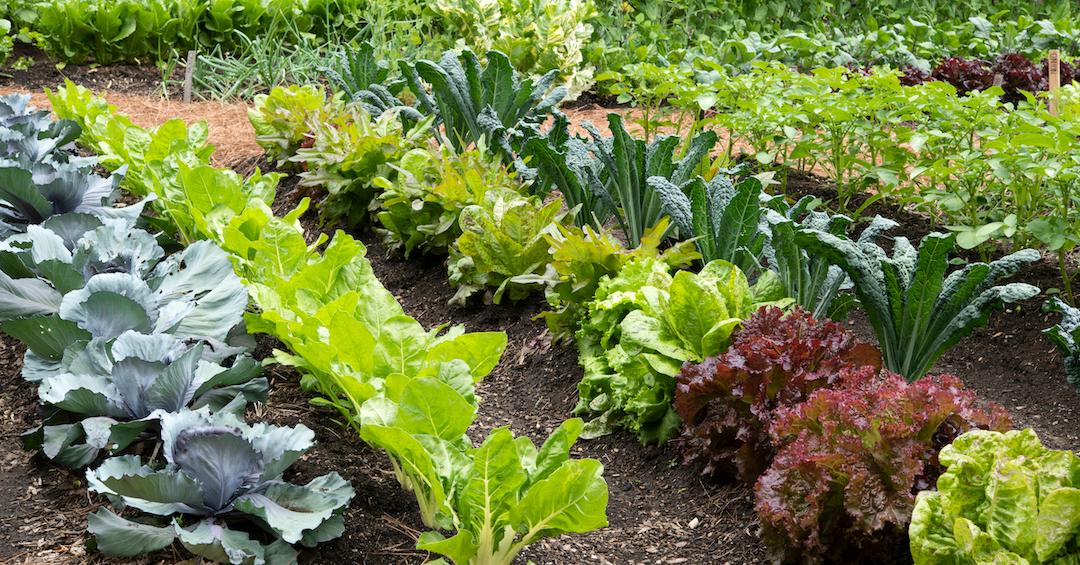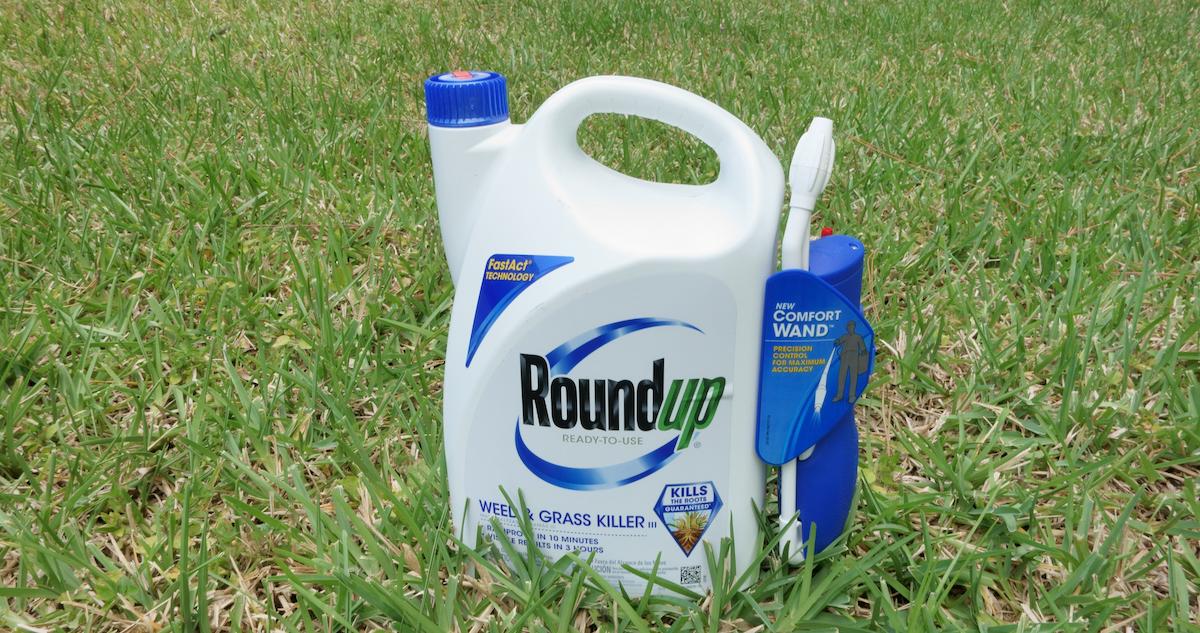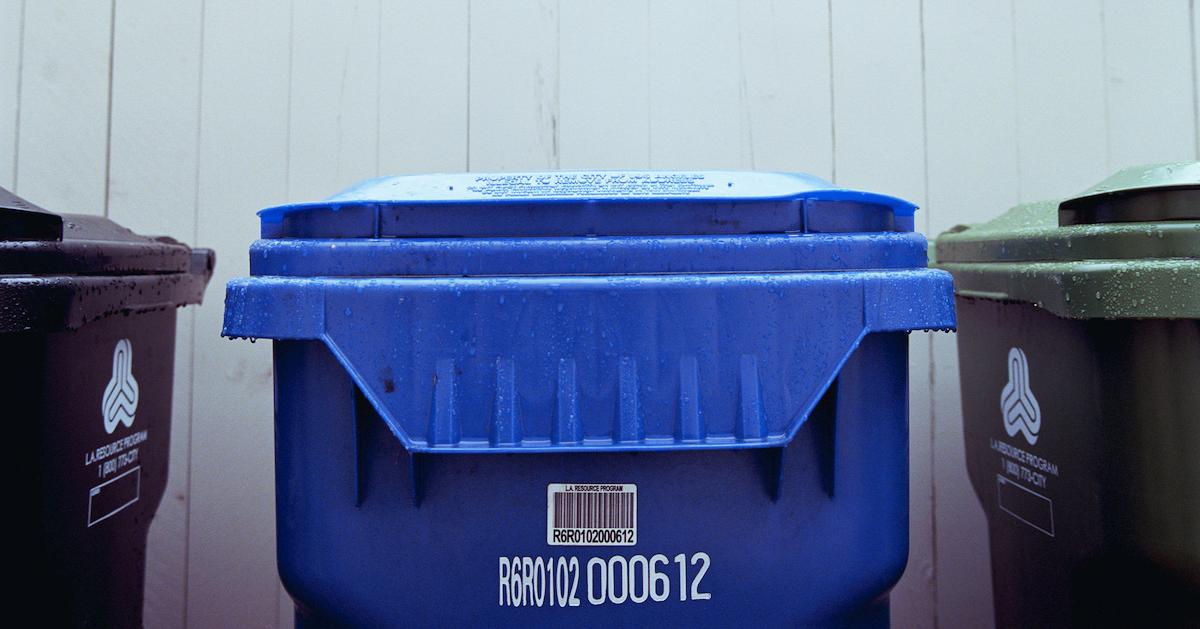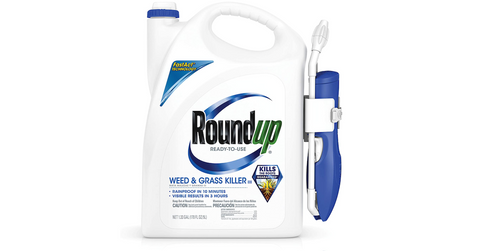Is Roundup Safe to Use on Vegetables? Here's What You Should Know
Updated Jan. 20 2023, 3:59 p.m. ET
Glyphosate is an herbicide that's made many headlines for causing both legal and health crises nationwide. Roundup is a brand name version of a glyphosate-based herbicide produced by Bayer (formerly Monsanto). And although it's the most commonly used herbicide, many are left wondering what’s safe and what’s not when it comes to glyphosate with its long history of controversies.
Is Roundup safe to use in a vegetable garden? Here's what gardeners and farmers alike should know beforehand.
READ NEXT: GreenLatinos Is Making the Environmental Movement More Intersectional

What is Roundup?
Roundup is the brand name of an herbicide, the main ingredient of which is isopropylamine salt of glyphosate. It's been used as a weed and poison ivy killer since it was first introduced in 1974.
So, how does it work? According to National Geographic, glyphosate internally blocks the proteins that are essential to weed growth.
National Geographic says Roundup is used in over 160 countries, with 1.4 billion pounds of the chemicals used annually. Roundup is not just used to treat dandelions and poison ivy, though — many farmers treat crops with Roundup to avoid weeds cropping up in the first place. According to the USDA, nearly all of the corn, cotton, and soy grown in the U.S. has been treated with glyphosate.

Is Roundup safe for vegetable gardens?
The active ingredient in Roundup, glyphosate, kills weeds and any plant it comes in contact with. According to SF Gate, “Although [Roundup] can quickly kill sprayed plants, it’s generally safe to use around vegetable gardens when applied in accordance with the instructions. Glyphosate doesn’t move very far in the soil and tends to break down in days to weeks.”
In order to safely use Roundup around your vegetable garden, you can use Roundup to prepare the bed of the garden, taking care to follow the instructions from the label. SF Gate recommends waiting three full days after the last application of Roundup before planting vegetables in your garden. Check your Roundup bottle’s label, as different products have different wait and application times.
How long after using Roundup can I plant vegetables?
According to SF Gate, gardeners should wait three full days after the final application of Roundup Weed & Grass Killer Super Concentrate before planting vegetables. This wait time is different for each individual Roundup and herbicide product, so make sure to consult the label for instructions.
Are Roundup containers recyclable?
The EPA maintains that pesticide containers should not be reused, but they can be recycled. According to Earth 411, pesticide containers such as Roundup are recyclable, if taken care of properly. These containers cannot be tossed in your curbside recycling bin, as they need to undergo specific treatment in order to be recycled into repurposed plastic.
This treatment requires Roundup and other pesticide containers to be triple-rinsed, then processed or shipped to facilities specifically equipped to properly recycle the type of plastic the container is made of. To recycle your Roundup or other pesticide container, check your state and municipal regulations on recycling pesticide containers.

Can Roundup kill a tree?
As per Hunker, Roundup can be used to kill “unwanted or damaged trees.” Of course, before using any herbicide to kill of a tree, you should check with your local Agriculture Extension Offices, which may have regulations in place about using herbicides to eradicate trees, especially healthy ones.
According to the Hunker tutorial, to kill a tree with Roundup, you’d mix a high concentration of Roundup with water and using a spray tank, pour the mixture into cut wedges of the tree trunk. If the tree trunk is completely saturated, then the Roundup will cause the tree to die.
Are Roundup fumes harmful?
Despite being declared a “probable carcinogen” in 2015 by an international agency, glyphosate-based products like Roundup are still on the shelves at stores. Aside from being linked to cancer, glyphosate has also been linked to antibiotic resistance and hormone disruption that may even cause infertility.
Many public court cases have claimed that glyphosate caused cancer in Roundup-using patrons. As many as 42,000 plaintiffs claimed glyphosate-based herbicides caused their cancer as of Oct. 30, 2019. Various plaintiffs have won hundreds of millions of dollars in lawsuits against Bayer and Monsanto, after suing them for inadequate warnings about cancer-causing chemicals present in Roundup.
As a direct result of the many public court cases, Costco and other retailers dropped Roundup and other glyphosate-based herbicides. Because of the harmful effects of glyphosate, the EPA has been planning to restrict weed-resistance herbicides. Even certain school districts in the U.S. have introduced plans to use alternative products and even ban the ingredient from being used on school grounds.
Many lawsuits in recent years have come from consumers who claim that exposure to Roundup caused their cancers. Roundup has been linked to increased risk of bladder cancer, non-Hodgkin Lymphoma, prostate, and kidney cancer, and has been found to induce breast cancer cell growth. Glyphosate exposure has also been tied to cancer in dogs.
Although Roundup may be OK around vegetables, you may want to stay away from it altogether.
This article, originally published on Jan. 15, 2021, has been updated.
